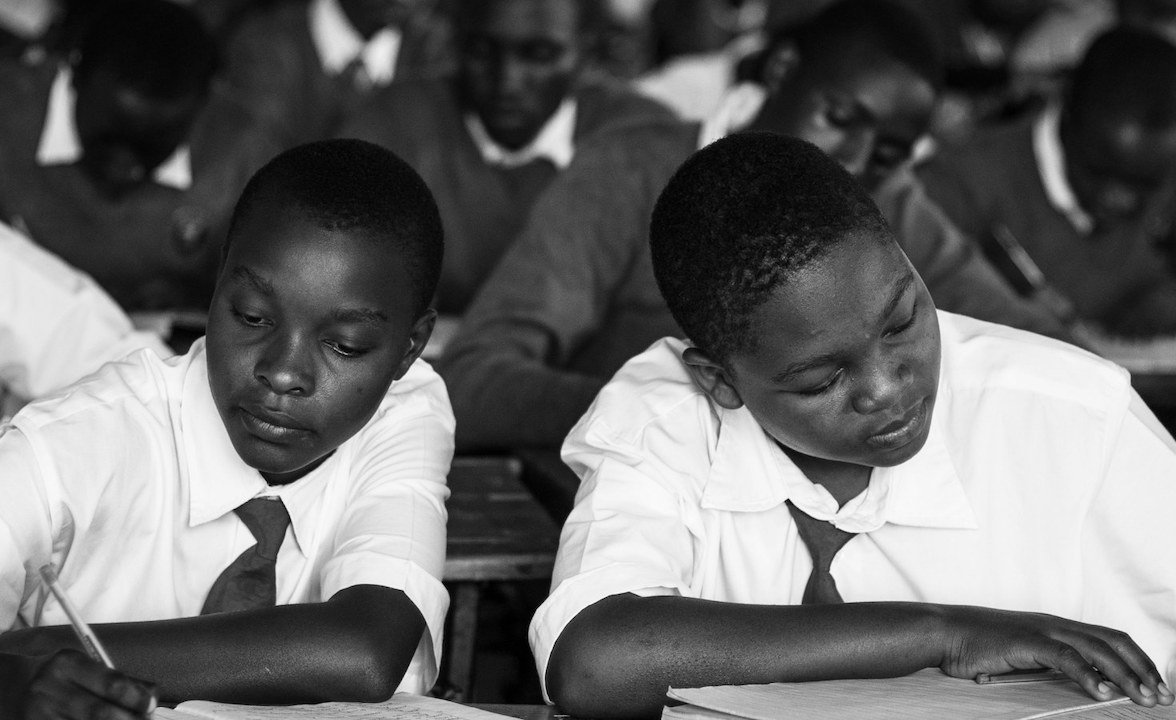Nine African countries officially join ICQN-SE as Botswana’s Ministry of Basic Education hosts inaugural virtual meeting

The Minister of Basic Education of Botswana, Hon. Fidelis Molao, officially welcomed South Africa, Kenya, Tunisia, Saharawi, eSwatini, Uganda, Mauritius, Mozambique and Lesotho to the Inter-Country Quality Node on Secondary Education (ICQN-SE) during the inaugural virtual meeting of the ICQN held on 28th September, 2021. In his welcome remarks, Hon. Molao announced that the nine countries have nominated expert focal persons to represent their countries in the ICQN that Botswana leads and hosts. It is one of the nine ICQNs whose establishment the Association for the Development of Education in Africa (ADEA) facilitated.
Turning to his own country, the Hon. Minister indicated that Botswana has adopted, in its Education and Training Sector Strategic Plan (ETSSP), the recommendation of the Report on Secondary Education in Africa by the Mastercard Foundation on the introduction of vocational subjects in secondary education. ETSSP provides an outcome-based approach to education. In this regard, he noted the timely decision to host ICQN-SE which will drive the uptake of the policy recommendations of the Mastercard Foundation’s report in African countries. Hon. Molao pledged to continue convening meetings of the ICQN’s Steering Committee to provide strategic guidance to the ICQN, with the support of ADEA Secretariat and member countries.
Speaking on behalf of the ADEA Executive Secretary, Mr Shem Bodo, Senior Programs Officer reminded delegates about ADEA’s vision, mission and goal. He also provided the background for the establishment of the ICQNs and the structure of ICQN-SE. Mr Bodo further presented highlights of the recently released report on school reopening in Africa during the COVID-19 pandemic. The KIX Observatory on COVID-19 Educational Responses in 40 GPE partner countries in Africa produced the report. ADEA, in a consortium with the African Union’s International Centre for Girls and Women’s Education in Africa (AU/CIEFFA) manages the Observatory, with technical support from the African Population and Health Research Centre (APHRC) and UNESCO Institute for Statistics.
In August 2020, the Mastercard Foundation released a report on Secondary Education in Africa: Preparing Youth for the Future of Work. Mr Simon Coles, Deputy Permanent Secretary in the Ministry of Basic Education, Botswana, presented a review of the implementation of the recommendations of the report whose findings indicate that changes in the nature of work are placing a premium on skills that help young people to be adaptable, resilient and creative problem solvers. He gave examples of countries, including Botswana, that are adapting and engaging in curriculum reform to prepare their young graduates for decent employment and fulfilling life.
The Senior Programme Officer at the Mastercard Foundation, Dr Codou Diaw, stated that the Foundation is a key partner of ADEA and worked together in undertaking the study and disseminating the report. Drawing from the findings of the report, she noted that more that 70% of young Africans are increasingly joining the workforce from secondary education. Dr Diaw added that this highlights the need to reform secondary education to adequately skill young people to be functional or to create employment. Mr Cole and Dr Diaw concurred on the need for a change in curriculum and pedagogy. They noted that working with partners from an equity standpoint, and equipping young people with 21stcentury skills to be productive citizens is the new imperative in the digital age.
Professors Phillip Bulawa and Richard Tabulawa presented their proposed approach to the development of a strategic framework for the ICQN. A question-and-answer session followed, with the delegates from Kenya, Mauritius, Uganda and Zimbabwe providing valuable feedback on the methodological approach.
In her closing remarks, the Assistant Minister of Basic Education in Botswana, Hon. Nnaniki Wilhemina Makwinja, thanked the consultants for their enlightening presentation and reiterated that the ICQN will incorporate the feedback from the virtual meeting to reshape the development of its 5-Year Strategic Framework. She also highlighted the critical role of the country focal points in contributing to the achievement of the goals of the ICQN. Hon. Nnaniki closed the meeting by thanking the Mastercard Foundation and ADEA for their consistent support.